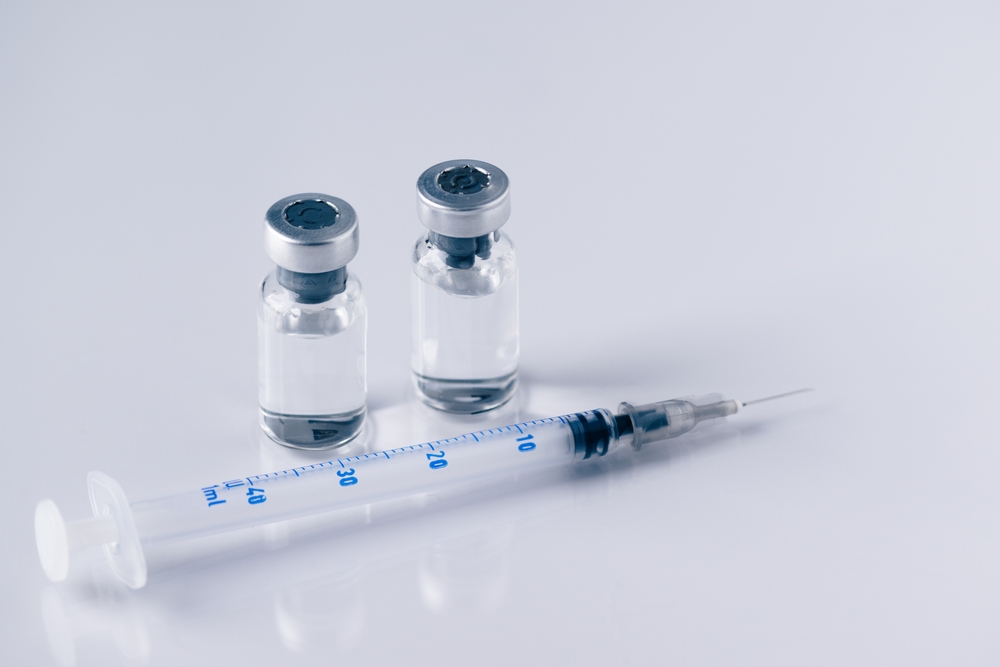Clostridioides difficile infection (CDI) is a serious healthcare-associated disease caused by the spore-forming, anaerobic bacterium Clostridioides difficile. It is prevalent in immunocompromised patients, particularly after antibiotic therapy, as antibiotics disrupt the normal gut microbiota, facilitating Clostridioides difficile colonization. CDI is challenging to manage due to its high recurrence, morbidity, and mortality rates. The emergence of antibiotic-resistant strains has further complicated treatment, allowing the bacterium to persist in the intestinal environment.
Biofilm formation by Clostridioides difficile plays a significant role in its pathogenesis and persistence, as biofilms enhance antimicrobial tolerance, rendering conventional antibiotic therapies less effective. Researchers are increasingly focusing on the mechanisms behind Clostridioides difficile biofilm formation and its role in infection recurrence. Studies are also evaluating the efficacy of current antibiotics against biofilm-forming strains and exploring new antimicrobial strategies to improve treatment outcomes for CDI
Reference: Vuotto C, Donelli G, Buckley A, et al. Clostridioides difficile Biofilm. Adv Exp Med Biol. 2024;1435:249-272. doi: 10.1007/978-3-031-42108-2_12. PMID: 38175479.




